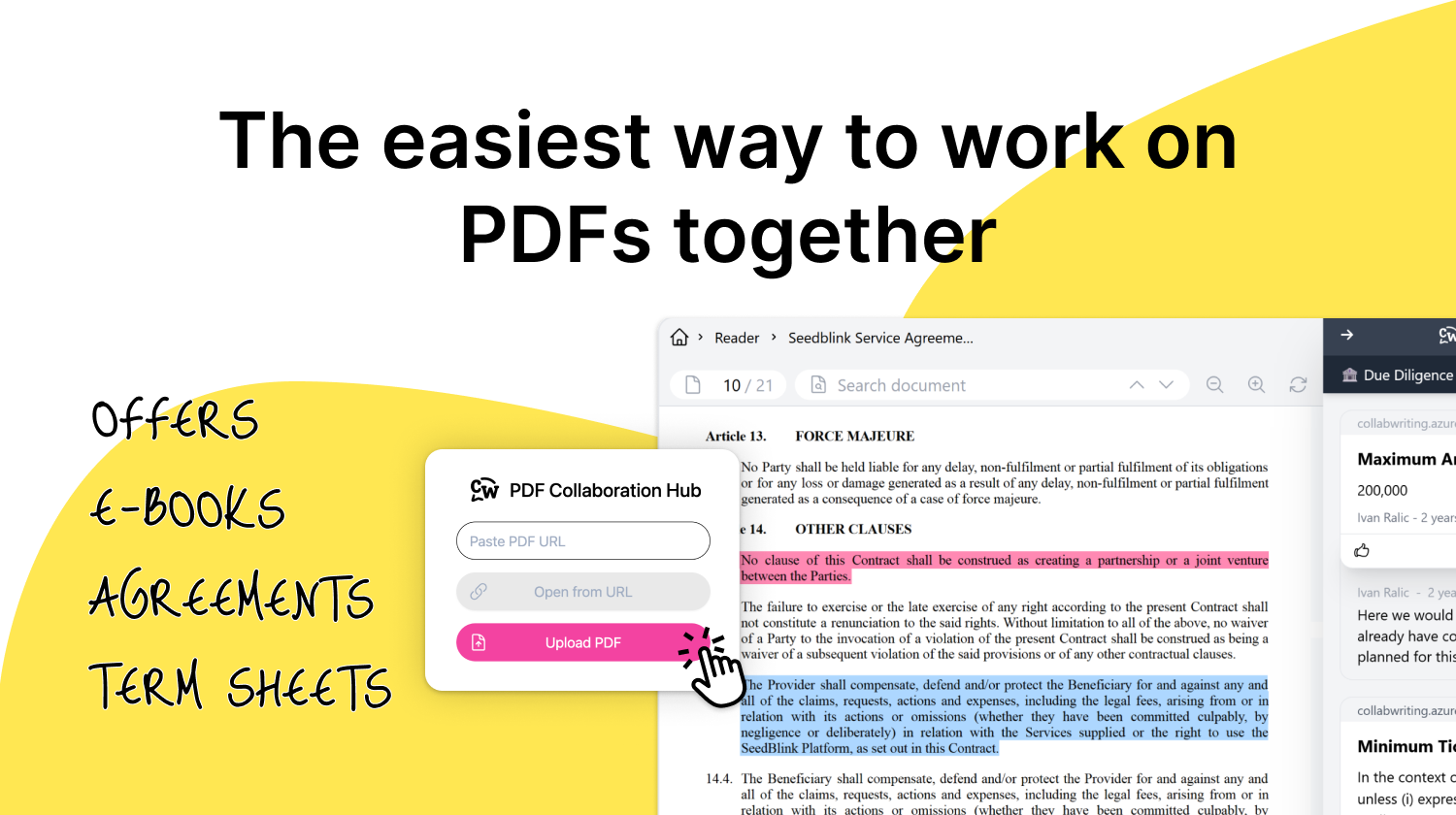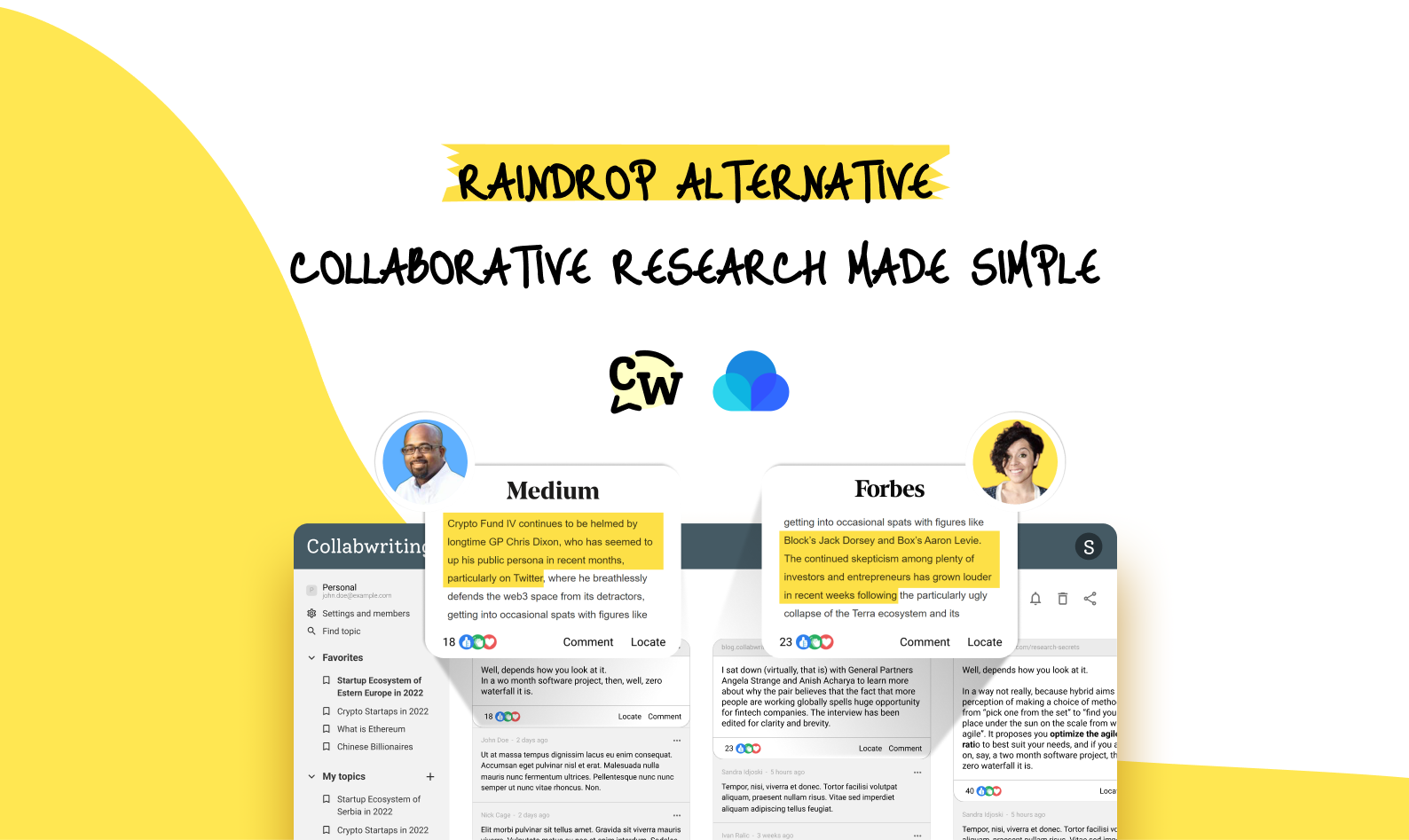No matter if you're just starting out or have years of experience, one thing is certain:
👉 To make good decisions, you need good insights.
Brand research, market research, and customer insights are essential parts of that process.
In this guide, you'll learn:
- Why customer research is important
- How to use brand research and insights to stay relevant
- How market research and customer insights work together to shape smarter strategies
Let's dive in.
1) Brand Research and Insights
Why brand research matters - and how to get real insights
Ongoing research helps you stay aligned with your audience's needs and keeps you ahead of competitors.
Here’s when brand insights become especially valuable:
1) When launching a new product or service
It's crucial to ensure that any new offerings align with your brand identity. Think about how your current users might perceive these changes.
- Does it align with your brand?
- Will your current users see it as a natural fit?
- Could it confuse or disappoint them?
2) When sales drop or customer satisfaction declines
A drop in sales can be a sign that something isn't right. Take the time to investigate any changes in your reputation or customer preferences.
- Has your reputation taken a hit?
- Have you overlooked any key trends in the market?
3) When entering a new market or expanding into a new region
Every market is different, so it's important to understand local preferences and communication styles. This knowledge can help you connect better with new audiences.
- Are there any differences in communication styles you should be aware of?
- Are there any new communication channels to consider?
- Are there channels you haven't considered?
4) When rebranding or updating your messaging
A rebranding is a big step, and it’s important to know if you’re improving your existing message or completely changing it. Consider how this will affect your audience.
- Are you clarifying your existing message or changing it completely?
- How will this shift affect your audience?
Where to Get Insights?
Interviews & Focus Groups
No one knows your brand better than your team. Talk to them - individually or in small groups. Workshops can be a fun and effective way to gather input.
You're looking for:
- What makes your brand special
- How it delivers on its promises
- Stories and ideas that can inspire stronger content and better experiences
These internal insights can help you stand out in the market and build more authentic connections.
Social Listening
Social media and review platforms can reveal how people really feel about your brand.
- What are they praising or complaining about?
- Are there patterns in the feedback?
Don't overlook forums like Reddit. People there tend to be brutally honest, especially in niche communities. It's a great place to catch unfiltered opinions, recurring pain points, or feature requests that don't always surface on mainstream channels.
Keep in mind: Social media can amplify extremes, but if used wisely, it's a goldmine for honest, unfiltered opinions.
By combining internal input with external feedback, you'll gain a well-rounded understanding of your brand, and that's the foundation for better marketing, stronger storytelling, and smarter decisions.
2) Market Research
There are many times in a company's life cycle when understanding the market is crucial.
Some of them happen daily, others mark key phases of growth:
- Launching a new product or service
- Who are the key players in the market for you?
- What makes you unique compared to them?
- What are customers already using, and whatćs missing that you could offer?
- Building a marketing strategy
- What communication channels are most popular in your industry?
- Are there overlooked channels or formats you could use to stand out?
- Evaluating your competition
- What do they do better? Where are you stronger? What gaps are they leaving open?
- Considering a new business venture
- How big is the opportunity? What are the risks to your current offer? Is this move aligned with your core value?
- How big is the market youćre looking to tap into?
Market research doesn't have to rely solely on surveys or reports. You can observe your audience where they already talk, in real time.
Platforms like Reddit, Twitter, LinkedIn or industry-specific forums are filled with unfiltered thoughts: what frustrates people, what they're searching for, which tools they're switching to, and why.
Instead of guessing what your users want, you can see their language, priorities, and pain points directly from the source.

Learn more about research challenges
If you're diving deeper into market or category research, don't stop at forums and social media.
There's a goldmine of insights in industry reports, case studies, and expert-driven articles. These might not be as raw as Reddit threads but they help validate trends, understand bigger patterns, and benchmark against competitors.
For example:
You might spot a recurring pain point in a few Reddit threads - say, marketers struggling to track content performance across channels.
That's your signal.
Next, you dig into WARC or the Content Marketing Institute to see if this is part of a broader shift. Maybe there's a growing demand for unified analytics platforms or a new framework being adopted across the industry.
Some reliable sources worth checking:
- Google Scholar
- Content Marketing Institute
- PMI
- ResearchGate
- HubSpot Academy
- Content Marketing Association
- ADMA
- IAB Australia
- WARC.
📌 Pro tip: Join relevant professional groups or associations in your field. They often share curated reports, invite-only events, or niche conversations you won’t find elsewhere.
3) Customer Research
Customer research is conducted to gain a deeper understanding of your customers' needs, preferences, and behaviors.
Want to get closer to your customers? Start with research that actually reflects what they need, not what you think they need.
Here's what great customer research unlocks:
- Improving customer satisfaction - What do your customers want and need? What key objectives do they want to achieve?
- Developing customer personas - Who are they - demographically and psychologically? How do they behave?
- Smarter product decisions - Where are you falling short in the eyes of your customers? What can you do to change that?
- Staying ahead of the competition - Are user needs shifting? Are you keeping up with emerging trends and tech?
Don't wait for complaints to tell you something's off.
Talk to your users, listen between the lines, and act on what you learn.
Online surveys/questionnaires
Online surveys are a great way to ask your audience what they really think about your product or service, and the challenges they're currently facing. Their anonymity and ease of access make it simple for people to share honest feedback.
They can reveal your customers' true opinions and encourage them to share ideas in a safe environment.
The best part? They're usually low-cost and easy to quantify.
However, online surveys can sometimes limit participants or lead them toward specific answers. To avoid this, prepare your questionnaire carefully and test it on a small group before sharing it with a wider audience.
If you're not sure what to ask or how to structure your survey, start with 5–7 open-ended and multiple-choice questions, then iterate based on responses.
Keyword and topic research
Keyword and topic research is both an art and a science. It's not only essential for content creation and SEO, but it also helps you spot emerging trends in your niche.
Tools like SEMrush, Mangools, and BuzzSumo can show you what people are searching for and engaging with. When you combine these tools with Google Analytics and Search Console, you'll get a full picture of what's capturing your audience's interest.
You can also use Google Trends to monitor search volume over time, compare keywords, and discover related topics and audience segments.
If you're just getting started, pick 3-5 keywords relevant to your product and explore how people talk about them across platforms.

Collabwriting - Shareable Notes on Web Pages and PDFs
Collabwriting allows you to gather all your online sources in one place. Just highlight, save, and collaborate with anyone on any content you find online.
Final Thoughts
Good research is key to your success, whether you're just starting out or aiming to grow your business. By focusing on brand, market, and customer research, you gain valuable insights that help you truly connect with your audience.
Research doesn't have to be overwhelming! Use simple tools like online surveys and keyword research to gather honest feedback and stay on top of trends. Plus, tools like Collabwriting make it easy to collect, organize, and collaborate on insights from all your sources in one place.
Remember, engaging with your team and customers often sparks the best ideas.
So dive in, stay curious, and let your research guide you to new heights!






![The Best Tool for Collaborative Research in Content Marketing Teams [2026]](/content/images/2025/12/image--5-.png)

![5 Tools Marketers Use to Organize Research - Compared [2026]](/content/images/2025/11/cover-4-1.png)

![Build Credibility in Research: Smart Way to Verify Information and Track Sources Easily [2025]](/content/images/2025/10/covers-for-blog--7--1.png)

![How Marketers Can Turn LinkedIn Content into Collaborative Research [2025]](/content/images/2025/10/covers-for-blog--8-.png)
![Best Readwise Alternative for Personal & Team Research [2026]](/content/images/2025/09/Frame-814--3-.png)

